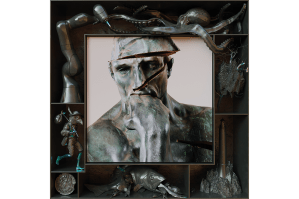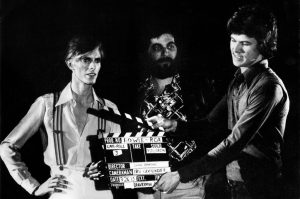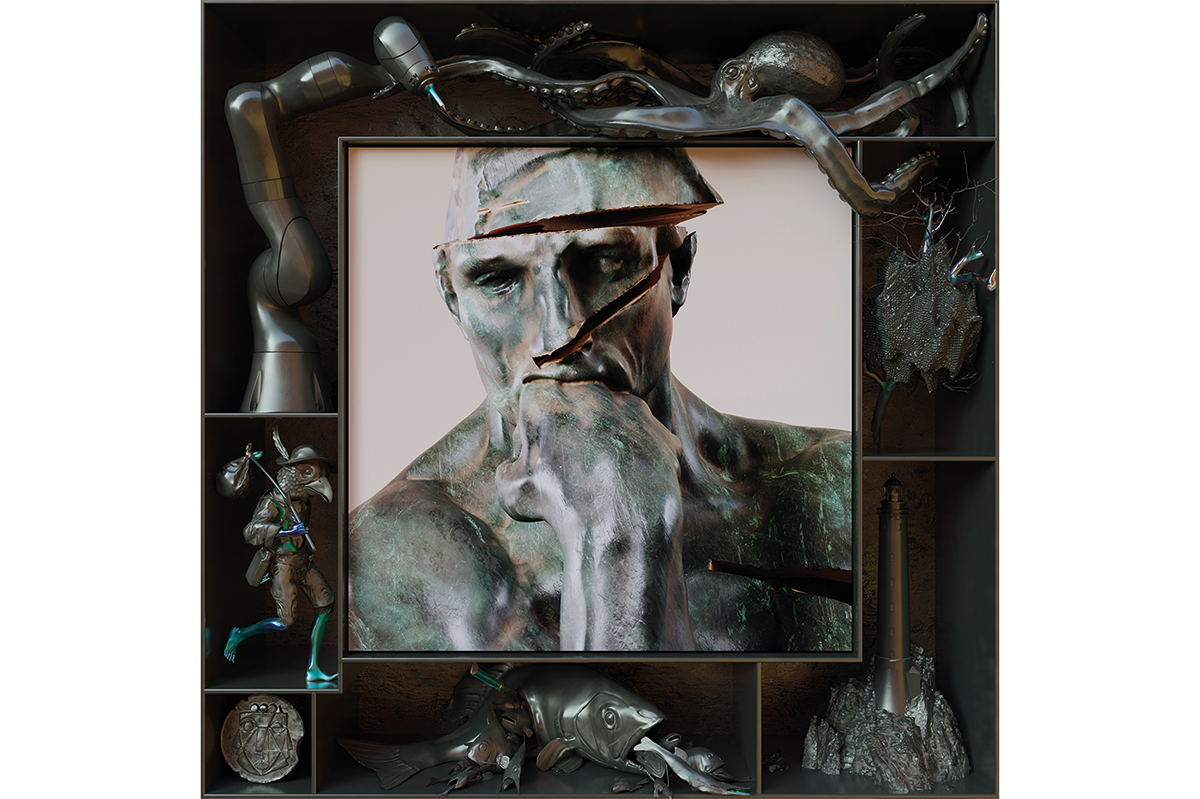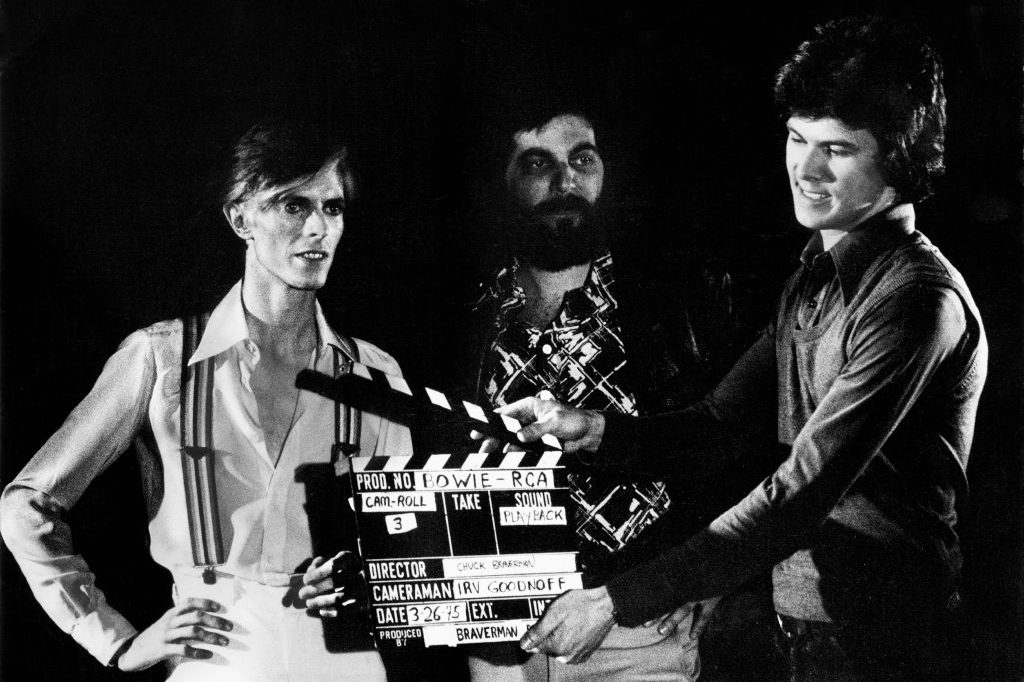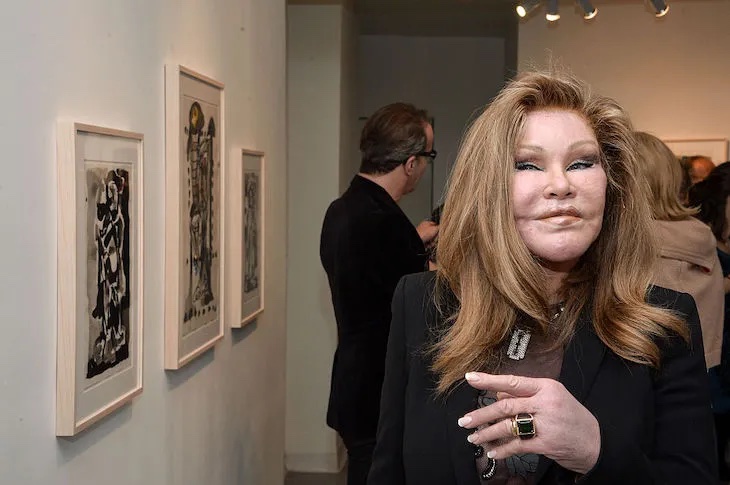The title “America’s Radiohead” has been flung around a lot, either admiringly or despairingly, over the past quarter-century, but the Brooklyn-Cincinnati rock band The National have done more than most to merit the description. Like Radiohead, they specialize in doom-laden, portentous but oddly beautiful songs that seem entirely out of kilter in today’s homogenized musical landscape. As with their Oxford cousins, the band contains two brothers. One is an eminent classical musician, while the other has one of the most distinctive voices in contemporary rock. And they are unashamedly, even defiantly cerebral at a time where intellectualism has been surgically removed from the genre.
The National’s album, The First Two Pages of Frankenstein, might appear at first glance to verge on self-parody. From the literary allusion of its title onwards, it ticks off a checklist of traits that the modern alt-rock LP should have. Guest appearances by Sufjan Stevens and Phoebe Bridgers? Absolutely. Doleful, downbeat songs with suitably moody orchestral arrangements that are all but inaudible in the expensive mix? There they are. A prevailing atmosphere of gloom and despair? It wouldn’t be a National album without them all. Yet what lifts this out of the ordinary and makes it something wonderful — even transcendent — is how sublimely executed it all is.
In its lead singer and lyricist, Matt Berninger, a professorial figure who sings in a sonorous baritone, the band has one of the great secret weapons of any musical act today. On the two standout songs, the break-up ballad “Eucalyptus” and the soaring “This Isn’t Helping” — the latter complete with Bridgers on backing vocals — Berninger’s habitual air of weary disdain is pushed even further than usual, to heartbreaking effect.
As he sings “I know you think it’s kindness, but it’s not,” there is a shrugging, defeated quality to the song that can be compared to Paul McCartney’s similarly worn-down sentiments on “Let It Be.” As the London Contemporary Orchestra’s mournful arrangement lurks in the background — courtesy of the band’s principal songwriter Aaron Dessner and his brother Bryce, both of whom have worked in film composition — it’s a quietly magnificent achievement.
An unexpected but successful association was formed a few years ago between the band and Taylor Swift. Aaron Dessner produced and co-wrote Swift’s albums Folklore and Evermore, and she returns the favor here with a cameo on the laugh-a-minute power anthem “The Alcott.” Naturally, it’s nothing of the kind, being instead a suitably pensive and hushed piano-led ballad, on which Swift’s presence — so often a dynamic and widescreen one when it comes to her own songs — is suitably respectful and low-key. It’s a beautiful collaboration — and proof, if it were needed, that America’s biggest female singer also has impeccable taste in whom she works with. And they with her, naturally.
There will be naysayers, as there always are. It is true that the album’s mood of downbeat contemplation comes close to outstaying its welcome, even at its brief forty-seven-minute running time (this is their shortest LP to date). And while I’m unsympathetic to those who have dismissed the band as “Coldplay with PhDs,” there is also the faint suspicion that The National has colonized their own section of the industry and that their music is precision-engineered to appeal to earnest, bearded, middle-aged men with graduate degrees in literature and an interest in craft beer.
As I am one of these people, however, I can only salute them. With Radiohead in apparent hiatus, there is a gap in the market for this kind of intellectually stimulating, challenging and hugely entertaining rock. Long may they continue to prosper.











